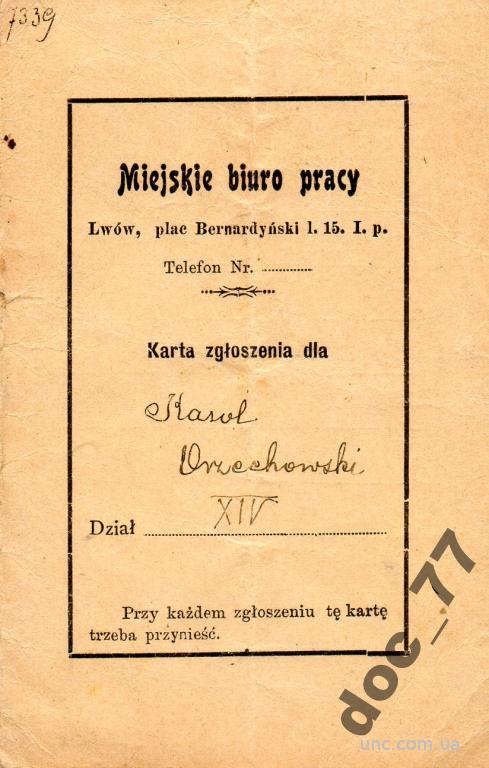Blank Cmr Poljsha
CMR shipping document is an official document / convention for international carriage formed by the United Nations which is used by all the EU member countries and some additional ones. How to fill in the CMR consignment note (IRU model 2007) With the intention of harmonising and simplifying international road transport, the IRU developed a model of the CMR consignment note, the first version of which was issued in 1976. In order to take into account the advances in the field of transport and to use the learning.

Sitemap Search: 0012 - 50 Gorgeous Designs and Projects, Barbara Case 966, Gonzales 660043935, William B. Miller 6625 - Student Edition Grade 1 2006, Harcourt School Publishers 9927 - Response and Responsibilities, Second Edition, John Brown Childs 8859, Robin McKinley 2280, Edward William Elgar 6653 - Instruction Paper (1912), Charles B. Hayward 2229, Charles Kingsley 2228 - British Florida in the Eighteenth Century, Feldman 4408, Wolfgang Amadeus Mozart 0056, Charles Darwin 1334323X - 100 Lessons in Mindfulness, Hor Tuck Loon, Jon Kabat-Zinn 9982, James Matthew Barrie 1180 - Bagamoyo, United Republic of Tanzania, 14-18 November 2005, Food and Agriculture Organization of the United Nations 6629, Mitchell Lane Publishers 0071, M Jones 9966, Gladys M. Draycott 0032, J. Vernon McGee 114X, Kevin Scott Collier 7736, Tadeusz Lewicki 3319, Steven Farley 2269 - How to Get There and Stay There, Suzanne L. Gilmour, Mary P Kinsella 4473, Avivah Gottlieb Zornberg 6668 - From Theory to Practice, Courtenay Frazier Norbury, J.

Bruce Tomblin, Dorothy V.M.
Full text of ' DELH[ UNIVERSITl LIBRARY DELHI UNIVERSITY LIBRARY di. V ^ ^ * N 3 Ao.No. Date of release for loan This book should be returned on or^efore the date last stamped below. Prezentaciya po izo 1 klass dom snaruzhi i vnutri. An overdue charge of one anna will be charged for each day the book is kept overtime. THE ORIGINS OF MODERN RUSSIA JAN KUGHARZEWSKI The Origins OF Modern Russia The Polish Institute of Arts and Sciences in America N^York, N.Y. 1948 Copyright 1948 by The Polish Institute of Arts and Sciences in America, Inc.
PXIHISS IK IKS UKins STAns or AUSUCA BY »HB WHIT* SAGI.E raiKTING COUPAHY, IISHTOK, H. ACKNOWLEDGEMENTS The financial means for the publication of this book were supplied by the Polish American Congress, Inc., which supports Polish literary and research activity.
For this generous assistance which made the ap- pearance of this book possible the author wishes to express his sincere gratitude to the Polish American Congress. He also desires to thank the Polish Institute of Arts and Sciences in America for the work and efforts imdertaken in preparing the book for publication. INTRODUCTORY NOTE Hn the midst of the uncertainties and the tensions of our distraught post-war world, there is no complex of questions more constant and urgent in the Western world than those bearing upon the basic nature and ultimate aims of Russia. The fact that these questions persist un- abated in fhe face of the multitude of books, articles and radio and journalistic reports that crowd our press, measures both the complexity of the subject and the desire of the West to understand, if at all possible, the roots of Russian behavior which, on the face of itf offers many points of unpredictability and apparent arbitrariness. Most of the present-day writers on Russia find so much to hold their interest in the current scene that they are unable or disinclined to go deeper than the intriguing surface. But so strikuig a phenomenon as the Soviet Union must certainly have deep roots.
As the visible structure of a tree is inseparably connected with the structure of the root system, so the Russia of 1948 must have roots that reach back hundreds of years. It is this below-the-surface root system that Jan Kucharzewski examines with such penetration in the present work, an abridged translation of his seven volume classic Od bialego caratu do czerwonego ( From White Tsardom to Red) — published in Warsaw from 1923-1935. There are few men ahve who have had the opportunity, the wish or the capacity to make the examination of Russia’s spiritual development in the past centmy which lies before us in this book. This simple fact measures the importance of the work. Jan Kucharzewski was born (1876), raised and educated in Rus- sian Poland. He studied abroad from 1899 to 1901 and returned to War- saw to teach in such Polish higher institutions as were allowed by the Russian administration. Active from the first in secret Polish patriotic organizations, he soon found his metier in research into the social and in- tellectual background of Poland’s quest for independence and Russia’s negative attitude to that urge.